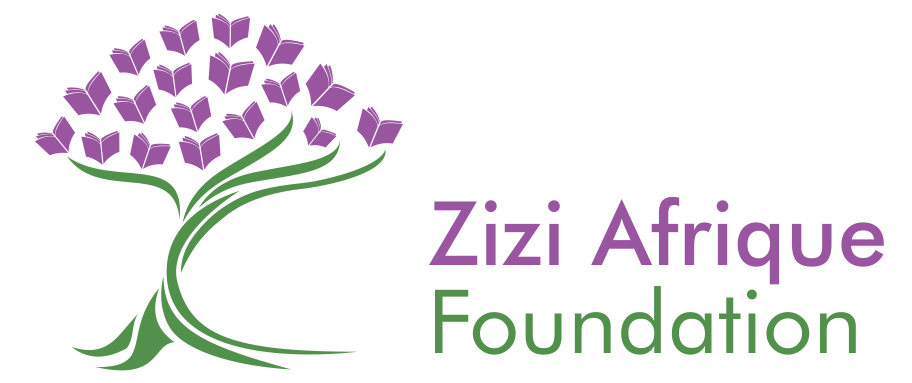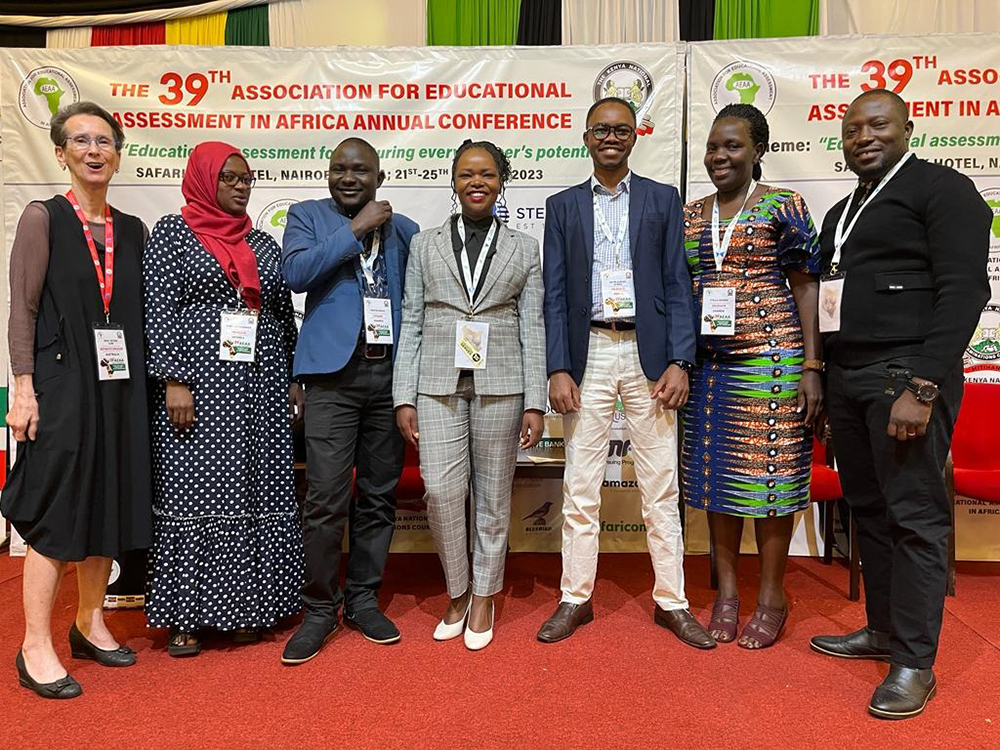The 39th Association of Educational Assessments in Africa (AEAA) conference last week (21st to 25th August, 2023) in Nairobi endorsed the need to put the African Child at the center of learning and assessing learning outcomes. The Conference themed “Educational Assessment for Nurturing Every Learner’s Potential”, brought together more than 300 assessment experts from across 26 countries in Africa, Asia, Europe, and North America.
The President of the association Mr. Patrick Areghan noted that AEAA’s work propagates the spirit of Ubuntu[1], the educational ideals of Africa, with a focus on the African child. The pan-African spirit cannot thrive without us coming together to observe, interrogate, and learn from one another to improve assessment to help Africa improve educational outcomes.
The AEAA conference reflected on how assessments of African Education Systems offer the opportunity for nurturing the holistic development of learners. Participants also explored the best practices across the region and globally that may help meet the needs of 21st-century learners. It was observed that assessment is, in many ways, a game changer in the overall attainment of learning outcomes. The type, purpose, and usage of assessment results is proving pivotal in shaping curriculum and pedagogical policies and practices in unique and significant ways.
There is an ongoing educational renaissance across the African continent, which is being initiated primarily in the area of curriculum. The conference is aware of how critical it is for assessment to complement and support the curriculum reforms in order to achieve the new learning goals being developed in countries across the region. The shift in curriculum is stimulating the aspiration for assessment and intentional nurturing of life skills and values across the continent, but the concrete strategies as to how this can be done remain blurry. Equipping educators with essential skills for effective teaching, learning, and assessment is critical for the reforms to bear fruit that will last.
Evidence with models that help teachers support the nurturing and development of these skills is essential and should be supported at all levels of the educational system. The Assessment of Life Skills and Values (ALiVE) Initiative is one initiative focused on just this support. ALiVE has recently demonstrated that assessment of life skills is possible having assessed over 45000 adolescents through household assessments in the three countries of Kenya, Tanzania and Uganda. This initiative clearly demonstrates accessibility to assessment approaches that can help teachers to understand the developmental nature of the skills so that they can then intervene at the right level.
However, we need to ask an important question. Does summative assessment support the development of skills? We know that formative assessment of skills can support the development of the skill in the classroom, but need to consider seriously whether summative assessment will be a useful support within the system.
Even as we focus curriculum on standards that enable learners to invent, create, and use knowledge in new ways, bringing the school system into the 21st century will require a deep understanding of the learners (their abilities, learning gaps, learning needs, among others) and the nature of the skills. Only then can we design assessments that nurture every learner’s potential.
These reflections may encourage stakeholders to be more deliberate in improving assessment to help Africa enhance educational outcomes. Unless we intentionally nurture and assess life skills and values, many children may not actualize their potential. We owe it to the next generation to develop a skilled workforce as Africa prepares to be the biggest contributor to the international labor force by 2040.
[1] Ubuntu: The spirit of collaboration. Essentially, “I am, because we are!”


